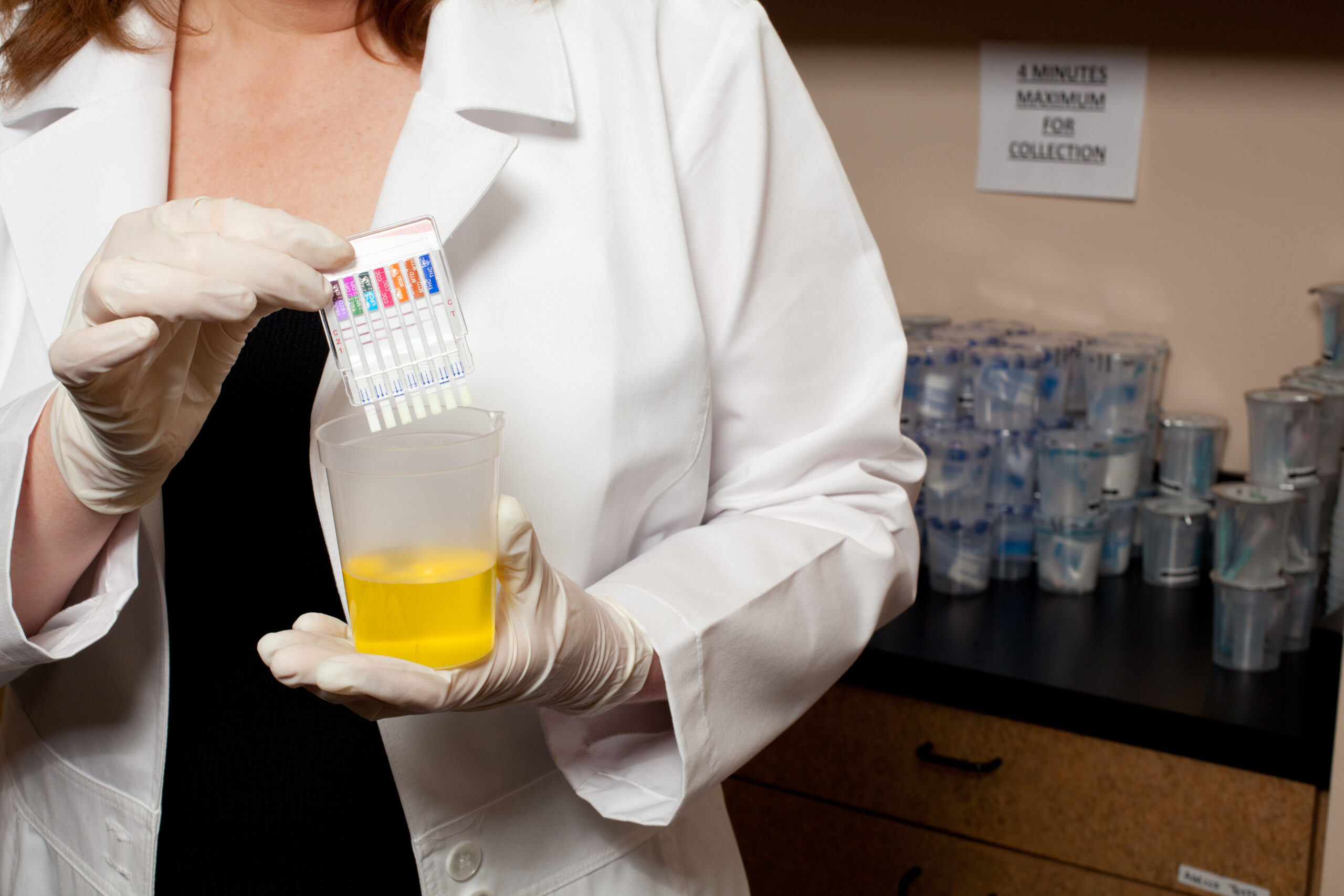
Drug tests are a critical tool used to detect the presence of drugs in a person's system. They are commonly utilized in various settings, such as workplaces, sports competitions, and legal proceedings, to ensure safety, fairness, and compliance with laws or regulations.
There are different types of drug tests, including urine tests, blood tests, hair tests, and saliva tests. Urine tests are the most common method used due to their efficiency, non-invasiveness, and relatively low cost. These tests can detect a wide range of drugs, such as marijuana, cocaine, opioids, amphetamines, and benzodiazepines including many others.
Blood tests provide accurate and detailed information about drug use. They are often used in situations where recent drug use needs to be determined with precision, such as in accidents or medical emergencies. Blood tests can detect drugs in the system for a shorter duration compared to urine tests.
Hair tests are useful for identifying long-term drug use patterns, as drugs tend to remain in the hair follicles for an extended period. This type of test can provide evidence of drug use over several months, making it a preferred method for chronic drug users.
Saliva tests are quick and non-invasive, making them suitable for on-site or random drug testing. They can detect recent drug use, typically within the past few hours to a few days.
A drug test is a type of medical examination that is performed to detect the presence of drugs or substances in a person's body. It is commonly used in various settings such as workplaces, sports organizations, and law enforcement agencies to ensure safety, enforce drug-free policies, and detect substance abuse.
There are different types of drug tests available, including urine tests, blood tests, hair follicle tests, and saliva tests. These tests can detect a variety of substances, including illegal drugs, prescription medications, and sometimes even alcohol.
Drug tests are typically conducted by collecting a sample of the person's bodily fluid or tissue, which is then analyzed in a laboratory using specialized equipment and techniques. The results of the drug test can provide information about recent drug use and the presence of specific substances in the body.
It's important to note that drug tests are subject to various regulations and legal requirements, and the specific circumstances and guidelines for conducting drug tests may vary depending on the jurisdiction and the purpose of the testing.
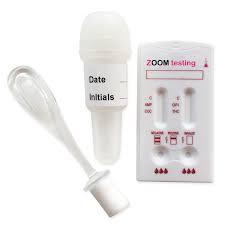
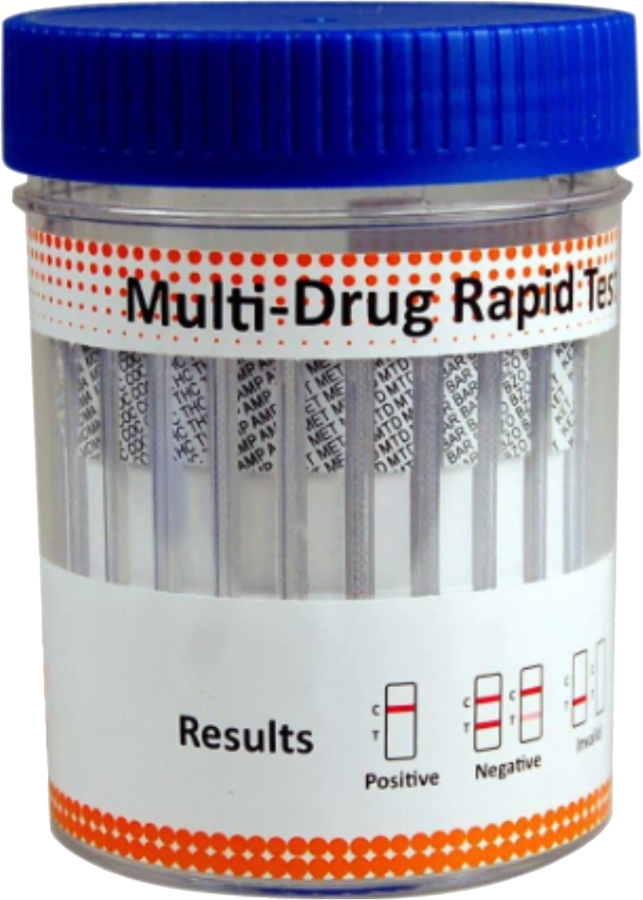
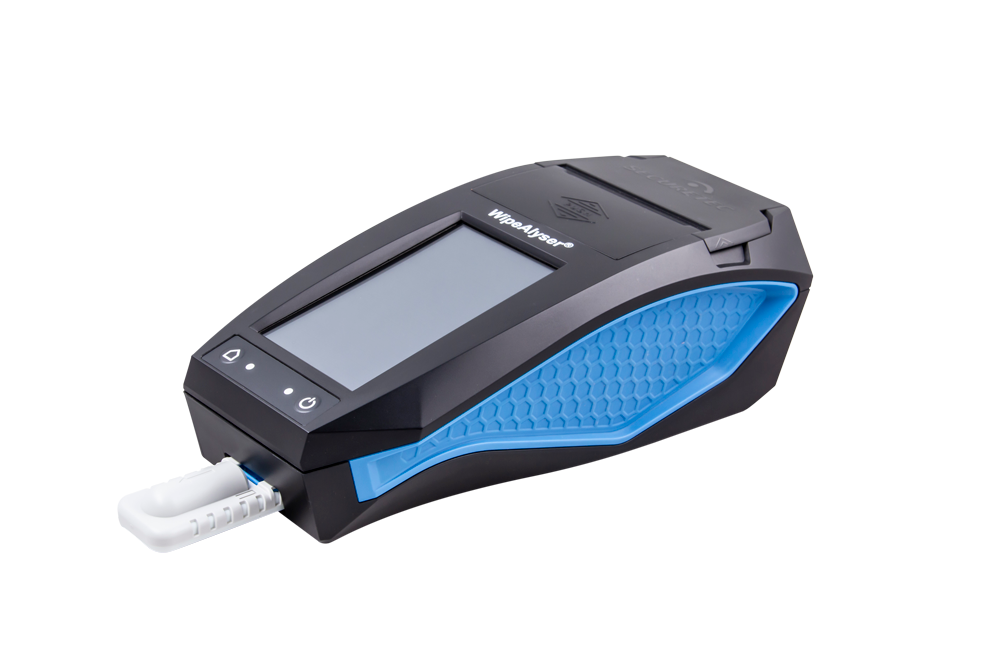

 Adult Diapers
Adult Diapers
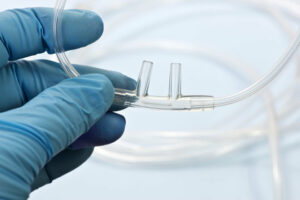 Air Management
Air Management
 Alcohol Tests
Alcohol Tests
 Bandages
Bandages
 Cholesterol Tests
Cholesterol Tests
 Consumables
Consumables
 Cotton Products
Cotton Products
 Drug Tests
Drug Tests
 First Aid Kits
First Aid Kits
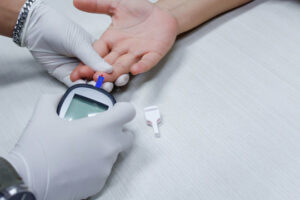 Glucose Tests
Glucose Tests
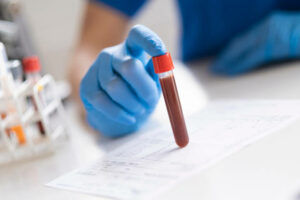 Hemoglobin Tests
Hemoglobin Tests
 HIV Tests
HIV Tests
 Intravenous
Intravenous
 Lancets
Lancets
 Linen Savers
Linen Savers
 Measuring & Monitoring Machines
Measuring & Monitoring Machines
 Mobility
Mobility
 Orthopeadics
Orthopeadics
 Packaging & Storage
Packaging & Storage
 Pregnancy
Pregnancy
 Safety Wear
Safety Wear
 Supplements
Supplements
 Tapes
Tapes
 Dental Care
Dental Care
 Ultrasound
Ultrasound
 Urinalysis
Urinalysis
 Wound Dressing
Wound Dressing
